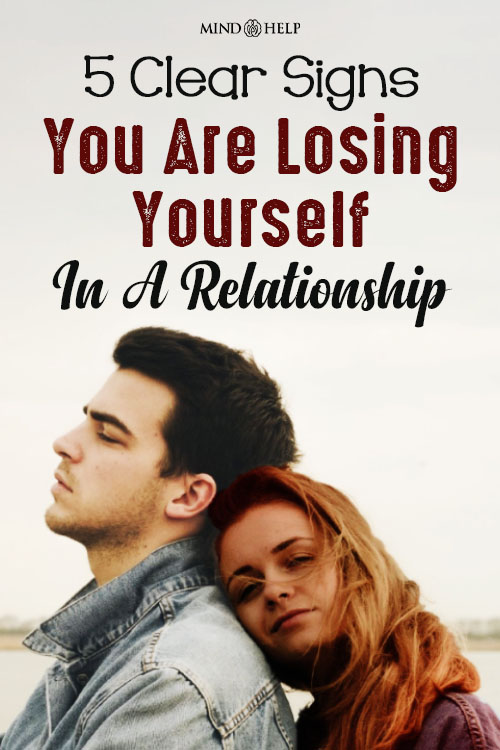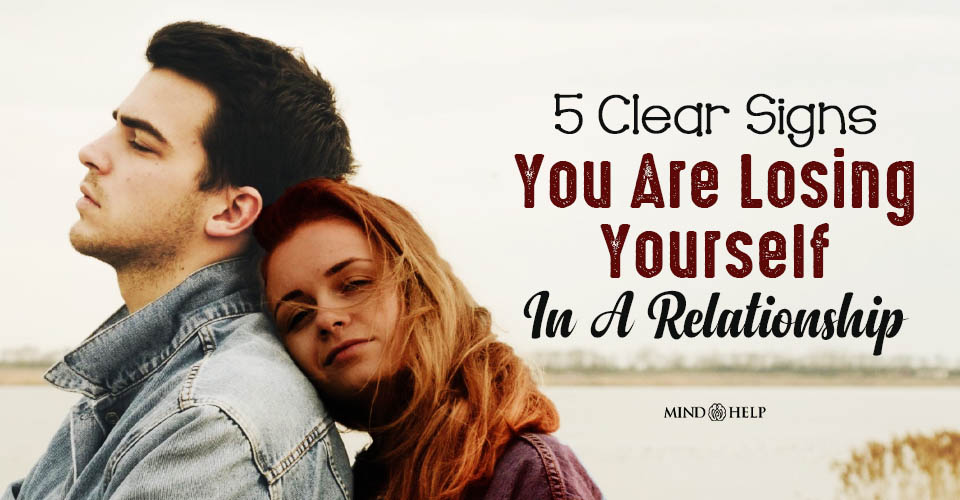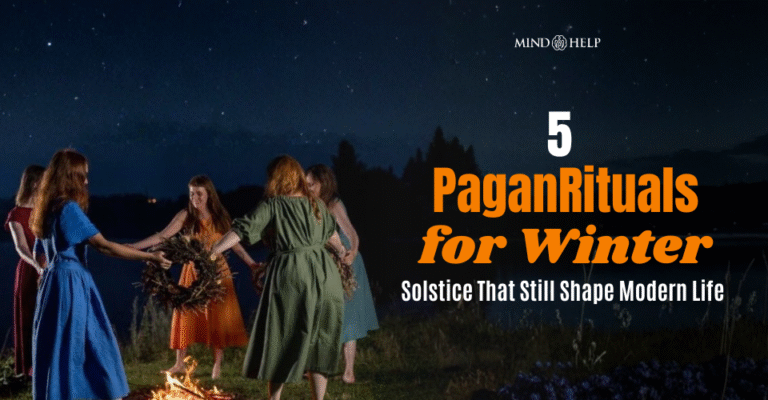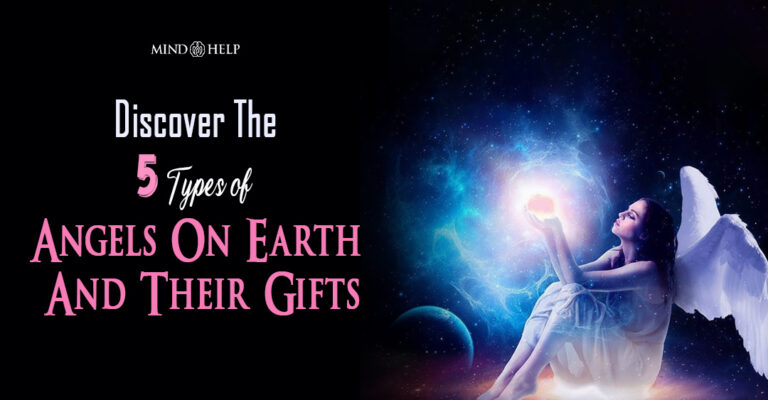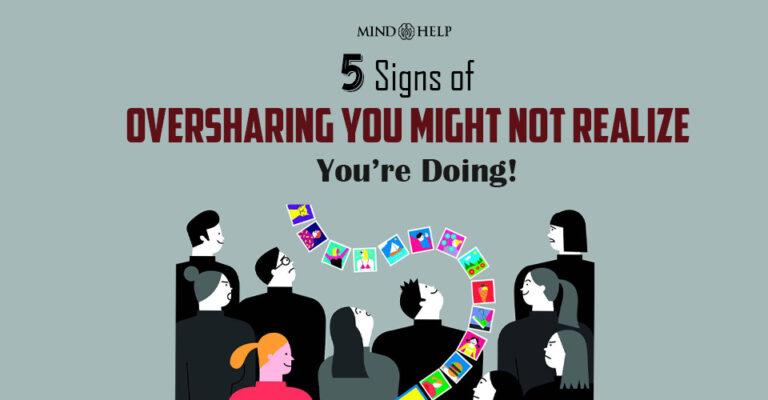Have you ever loved someone so hard that you feel lost and stuck? If you’ve ever worried about losing yourself in a relationship, you’re not alone. Keep reading to find out how to stay grounded, confident, and fully you, even when you’re deeply in love.
At first, it feels like a deep connection. Intense. Beautiful. Consuming. You pour your heart in, bit by bit.You start bending to make space for them. Compromising. Adapting. Prioritizing. And, suddenly one day you look at your patterns and question, “Wait. Who even am I anymore?”
You start to feel as if your relationship has cancelled the YOU in you.
Your favorite hobbies? Ones that used to light you up start collecting dust.
Solo time? It’s barely there.
Friendships? Fading.
Your dreams? On the back burner,if not forgotten altogether.
Losing yourself in love isn’t dramatic. It’s a sneaky relationship red flag. And then, one fine day, the realization hits you that loving someone has cost you your sense of identity. You give and give and give, and as a result, you feel drained and find yourself fading away in love.
This article is a reminder that a healthy relationship feels like home and doesn’t require you to vanish.
Let’s take the example of Emma. Emma loved painting. It was her therapy after long work weeks. But after dating Jake, her weekends became consumed by his plans.
Slowly, her easel collected dust. When a friend asked her recently, “Are you still painting?”- she froze. She couldn’t remember the last time she picked up a brush. She had forgotten the importance of self-care in a relationship.
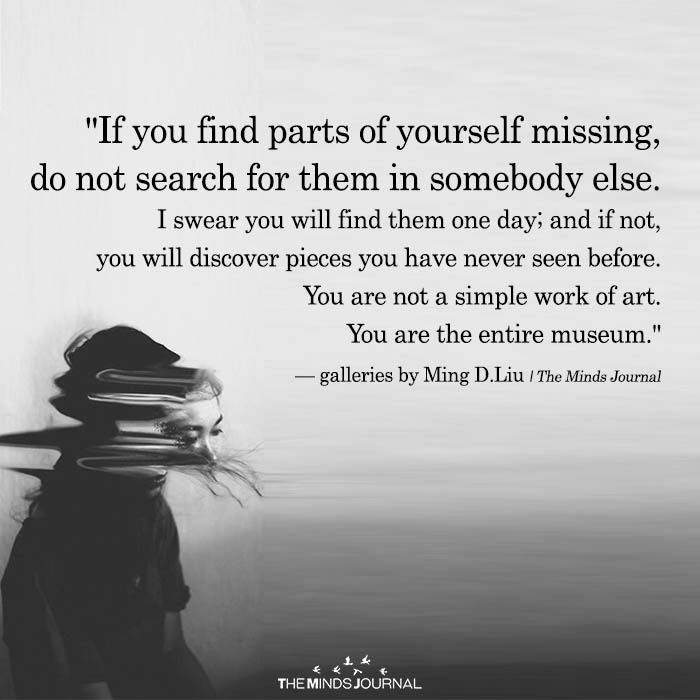
Signs You are Losing Yourself in a Relationship
Here are 5 subtle signs you are losing yourself in love:
1. You stop doing things you used to love
The passions that once used to light you up fade in the background. You keep telling yourself you’ll get back to them – but somehow, you never do.
2. Your friend circle shrinks drastically
You start declining invites and your group chat is on mute. You find yourself saying, “We’ve just been so busy,” but deep down, you know you’ve been pulling away.
3. You find yourself agreeing with everything your partner says – even when you disagree internally
They say they don’t like a certain movie, and suddenly you decide you don’t either – even though you’ve watched it five times and cried every time.
You bite your tongue in conversations, laugh at jokes that make you cringe, and nod when you want to shake your head. It’s not peacekeeping – it’s self-silencing.
4. You don’t know what you want anymore
You’re asked, “What do you feel like doing this weekend?” and your mind goes blank. You automatically say, “Whatever you want.”
Decisions , from dinner to life goals , are filtered through their preferences. Your own desires? They feel fuzzy. Distant. Maybe even gone.
You’re so used to adapting to these relationship red flags that you forgot how to choose.
5. You feel anxious or guilty when you take time for yourself
Self-care starts feeling selfish, and that’s not romantic; it’s consuming. You keep updating them so that they don’t feel bored or left out.
You start to cut your time short to feel less guilty. You say you “just miss them,” but underneath that? Guilt. Unearned, but real.
So the truth is if you don’t make time for yourself. No one else will. Being in love is amazing. But let’s be honest – it’s easy to get so wrapped up in “us” that you forget about “me.”
Read: 9 Painfully Clear Signs They’re Just Pretending To Love You
How to Not Lose Yourself in a Relationship?
Here are 6 ways how to not lose yourself in a relationship:
i. Make Time for ‘You Things’ – Non-Negotiable
You don’t have to spend every moment with your partner to prove your love. In fact, clinging too tightly can lead to codependency and resentment.
Create a sacred solo ritual for yourself:
- One night a week for your favorite hobby (yes, even if it’s bingeing true crime or painting badly)
- Monthly meetups with your besties – no partner tags along
- Morning rituals just for you – journaling, meditation, or simply sipping coffee in peace
ii. Maintain Friendships Outside the Relationship
Their friends aren’t your only friends.
Romantic love isn’t the only love that matters. It’s a red flag if your world starts revolving only around your partner.
Your best friends, siblings, mentors – they all play vital roles in keeping you grounded and whole.
iii. Don’t Confuse Compromise With Conformity
Yes, relationships require compromise – Netflix battles, dinner plans, family visits. That’s normal.
But there’s a line between healthy give-and-take and molding yourself into someone you’re not just to keep someone else happy.
Ask yourself: “Am I changing for personal growth? Or “Am I just changing to fit their description of perfect and lovable?
iv. Stay In Touch With Your Inner Voice
Clean your emotional windshield. When was the last time you sat in silence and asked yourself: “What do I need today?”, “What makes me happy?”, “Is this choice aligned with my values, or am I just going along with it?”
Your self-care matters. As it’s said, ‘An exhausted gardener can’t tend his plants.’
v. Speak Up – Even If It Feels Uncomfortable
People often silence themselves in relationships to “keep the peace.” But peace that comes at the cost of your truth is just quiet chaos.
Your voice matters. If you keep swallowing your feelings, don’t be surprised when they start showing up as resentment or burnout. So, speak up for things that matter to you and your well-being.
In a healthy relationship honesty feels safe – not messy.
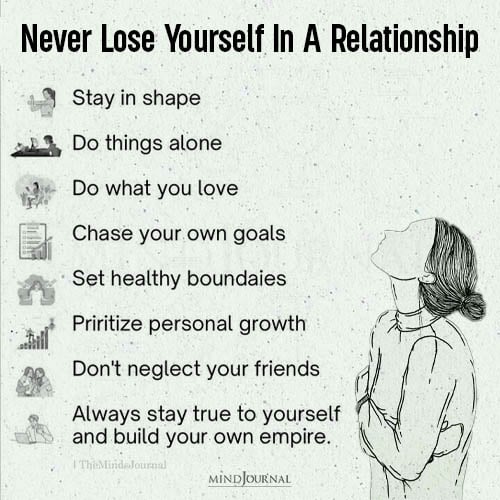
vi. You Are Allowed to Evolve—Independently
One of the biggest myths is that everything in a relationship has to be done together. Nope.
You can grow separately and still be together. In fact, self care in a relationship, makes it even richer.
Take that class. Travel solo. Read your own books.
Come back with stories to share. Relationships don’t have to be merged identities. Think two whole people choosing each other – not two halves trying to make a whole.
Read: 10 Self-Love Habits Every Woman Should Adopt In 2025
Final thought : Fall in Love Without Falling Apart
It’s beautiful to give in love. To care deeply. To show up. But your needs, your voice, your passions – they matter too.
You matter too and soon you’ll realise, ‘losing yourself in love’ – however romantic it sounds, isn’t worth the hype.
Remember, love should add not subtract. It doesn’t require you to abandon your quirks, mute your voice, or shelf your dreams.
If you feel like you’re losing yourself in a relationship, it’s time to come home – to you.
Frequently Asked Questions (FAQs)
How to find yourself again after losing yourself in a relationship?
Losing yourself in love happens—but you can come back. Start small: revisit old hobbies, spend time alone, journal. Reconnect with what makes you feel alive. Set boundaries. Protect your peace.
You’re not starting over – you’re coming back to you.
How to stop losing yourself in a relationship?
Love shouldn’t mean losing you. Stay grounded by keeping your own hobbies, goals, and friendships alive. Make space for “me” time—regularly. Communicate your needs, not just your partner’s.
A healthy relationship adds to your life; it doesn’t replace it. Stay connected to yourself, and love will feel more balanced, not all-consuming.
What is losing yourself in a relationship?
Losing yourself in a relationship means putting your partner’s needs, opinions, or identity so far above your own that you start to forget who you are. Your passions fade, your boundaries blur, and your sense of self takes a backseat.
Love shouldn’t cost you your identity. A strong relationship allows both people to grow – not just together, but as individuals too.
